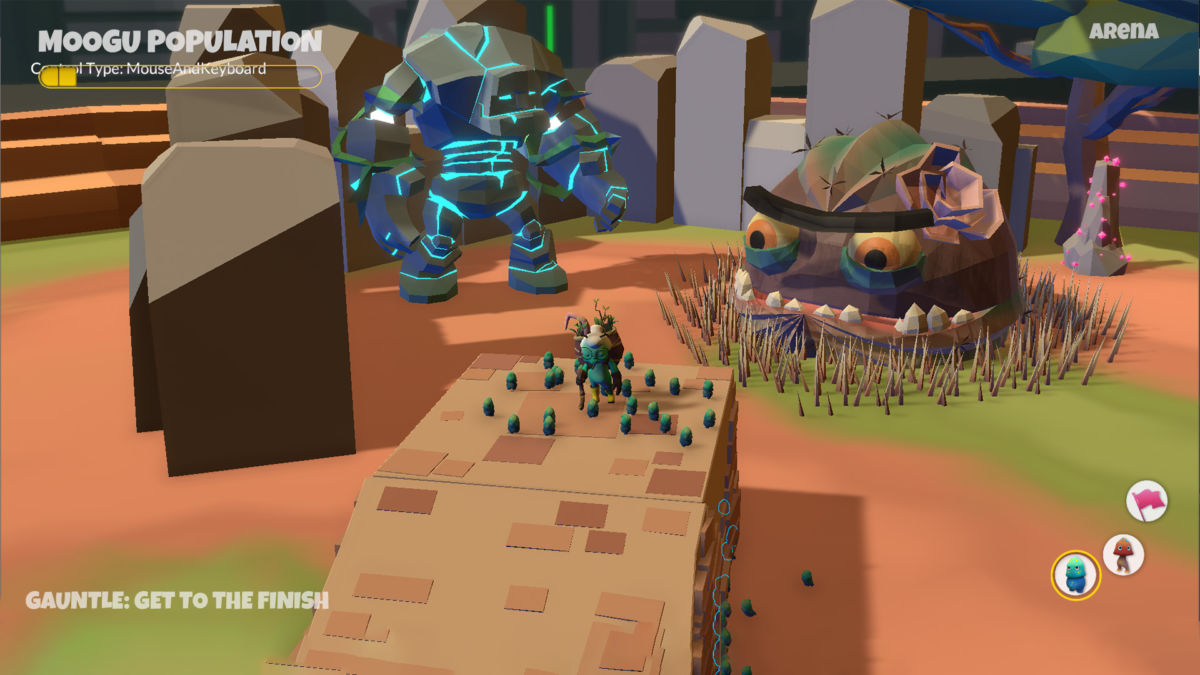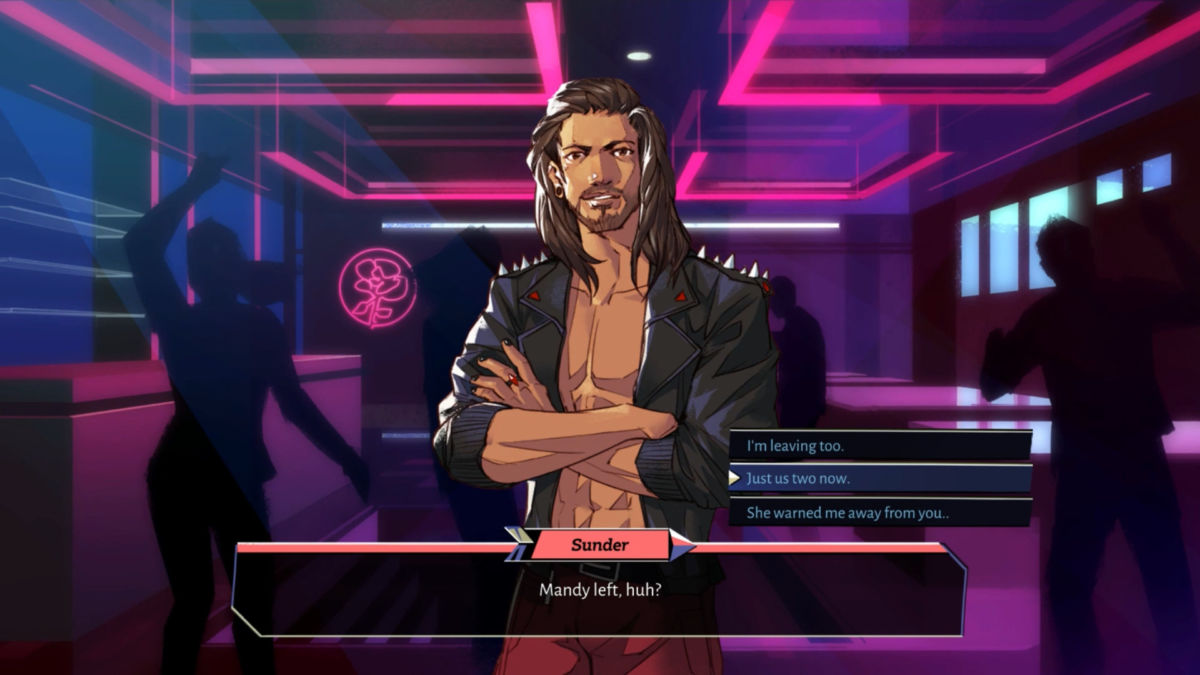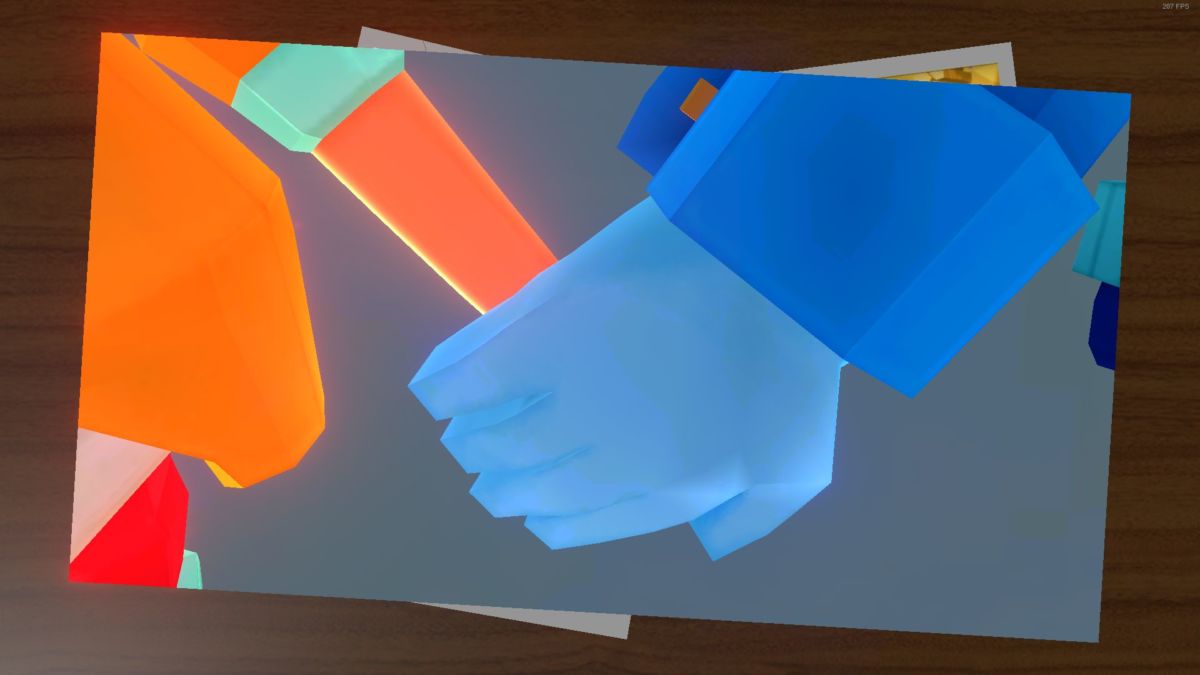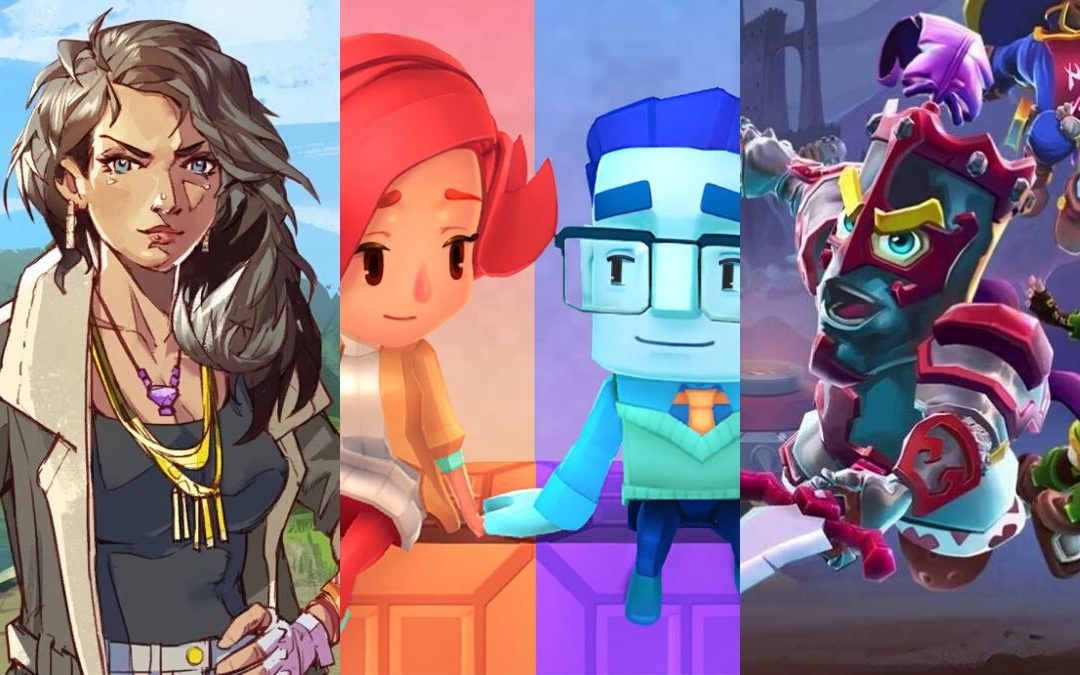With the world currently in the midst of the biggest crisis of modern times, much of the life we took for granted is disappearing and being replaced by the “new normal”. Lockdown is taking its toll on many industries, including the one plenty of people are turning to for comfort: gaming.
Several heavy hitters have been heavily hit by the restrictions, though most of the biggest developers and publishers have been able to acclimate to the new challenge, their deep pockets and hundred-strong workforces coming through. Take Epic Games, for example, who were able to put together an acid-laden Travis Scott concert in Fortnite that broke records with everyone working from home.
For those without billions in the bank and extensive backing, however, what’s the adjustment been like? How have indie developers coped during this time of uncertainty?
I talked to a few independent developers and publishers to see how they’re coping, if there have been any fires that needed putting out, and what the future might hold.
Evan Jones, founder of Stitch Media, the developers of Terrorarium, observed the difficulties of flexible hours while working remotely, as well as the usefulness of cloud software.
“Our short-term costs were all hardware. Everyone needed to have a serious home computer and we couldn’t share any of our equipment like VR headsets. Long-term, we’re noticing little points of friction in so many ways.

“We’ve got kids at home so we’re working flexible hours that don’t always overlap. We’re relying on cloud software so much more now – checking on Slack before we make changes in Github. It’s hard to explain a game mechanic in chat, so we’re finding we have to build some aspects to communicate them to the team.”
Tanya X. Short, “Captain” (love that) of Kitfox Games, who are developing Boyfriend Dungeon and also publishing Dwarf Fortress, has noted some mental health issues from the isolation.
“It’s been harder and slower, but our small team size and lean approach means everyone was already a hybrid role, working quite independently before the crisis. And since we self-publish, we are less dependent on business meetings and events, so the changes to our process have been rather minor.

“I think our biggest slowdown has been due to anxiety and emotional exhaustion, which saps your ability to effectively problem-solve (i.e. exactly what we’re trying to do all day). This has been hardest on team members who live alone, but we’re aware we have it easier than most industries, so it’s hard to complain.”
Meanwhile, Lightning Rod Games, developers of the recent A Fold Apart, feel like they’re lucky, and even that they now have more chances to socialise than normal.
“[we’ve] been in a unique situation because our studio has already been working remotely for over 6 years. Our daily workflow has mostly stayed the same, although some of us now have new officemates as our significant others are working from home too. So, ironically, a lot of us actually have more physical and social interactions during the work day than we did before. That poses its own set of challenges since a lot of us are not used to that type of distraction while we work.

“Overall though, I would say that we are definitely among the luckier studios and are fortunate to have been able to continue work (mostly) as usual in the face of this time of global uncertainty.”
Gauthier Thibaut of Get Up Games, who are currently developing pirate battle royale Blazing Sails, acknowledged the frustrations of trying to put a build together when everyone is remote.
“The good part about working in an office together with a small team is that everything usually happens super spontaneous, because we’re basically communicating with the entire team throughout the entire day.”

“Right now that’s quite hard and I usually see more issues than usual when an actual build needs to be put together. Of course, there is enough software around like Jira, Backlog, etc to help with that. But that wasn’t really something we needed that much apart from bug reporting before working from home. Getting everyone to painstakingly use this software has been quite challenging the last few weeks but we’re getting there.
“All in all this is just a quality of life issue and I don’t think we can complain. People are still able to buy as many games as before. Not every industry can say the same.”
Chromatic Games, the developers behind Dungeon Defenders: Awakened who have been working from home since March, moved quickly to get themselves set up remotely.
“When word of COVID-19 began spreading, and analysts had been expecting it to continue to scale, [we] began preparing to become a remote studio as quickly as possible. This meant getting all of our developers set up at home with their in-studio configurations, providing the best information possible regarding COVID-19, what the symptoms are, and how to stay safe. As a result, every one of our employees is safe and we’re glad to say that none of our employees have become ill (except from maybe a bad order of takeout). Our Finance Director has been a major player regarding our response and helped make sure we put our employees first.”
They have, however, like every team I talked to, encountered some technical and personal issues.
“There have definitely been some struggles regarding this pandemic. We’re a pretty tight-knit bunch, so not being able to see one another every day has definitely taken a mental toll. A lot of us are friends, always grabbing lunch together, taking a break with some ping pong or Smash Ultimate, or hanging out together outside of work. As a result, we’ve lost the in-person interactions that really help solidify our professional bonds and friendships. Alongside this, a lot of people aren’t able to get out and explore the great city of ours, walking away from our monitors for a bit to unwind and recharge. It can definitely be exhausting, to say the least!

“Besides the interpersonal aspect, there are definitely plenty of technical issues we’ve run into. Developer hardware and software not functioning takes a longer time to get back up and running and can be rather difficult to troubleshoot. Power occasionally going out due to a bad storm, or a developer’s internet dropping has been some pretty consistent issues. Also with the surge of remote work, internet speeds in our area are sometimes affected, making it hard for people to upload work to our cloud-based network.
“Then there’s communication that’s definitely taken a hit. People missing meetings because of the above, communicating clearly with everyone all the work that’s being done, and where we’re currently at in development being understood cross-departmentally was definitely a hill to get over when we switched to remote. We’ve made great strides on improving communication, but there’s still more that we’re working towards should we stay remote for a long time.”
These roadblocks and the tricky adjustment period has even resulted in Dungeon Defenders: Awakened being delayed for release on another platform.
“We’ve had to push back our Nintendo Switch release, and it’s caused delays with our Early Access updates that we presented on our roadmap. We’re doing everything we can to ensure that we release a great game as soon as we can, but these issues add up quite a bit. An engineer cannot get online for a day here, an artist’s power is out for a day there — these things really start to add up. While our goal is to release a great game ASAP, our primary focus is making sure our employees are all taken care of, that they’re safe, and that they are as comfortable as possible during this tumultuous time.
“As long as we’re able to maintain that focus, then we’ll accept all the delays and struggles we need to. We’ve communicated this to our community, and they’ve been nothing but supportive and understanding. Given the circumstances, we couldn’t be prouder of everyone at Chromatic for carrying on each day with a cheerful demeanor while providing amazing work, and are incredibly thankful to our fans for sticking with us.”
While not every indie developer I spoke to has had the same experiences of working during lockdown, they all shared two key thoughts: perseverance and perspective.
Indie dev, at the best of times, isn’t easy, so to see so many teams staying resolute during a worldwide crisis to carry on really speaks for the heart of the indie sphere itself. Whether or not they are major successes, each game is a work of passion, and it’s encouraging to see that that passion hasn’t been extinguished in a time when it would be so easy for the fire to go out.
READ NEXT: Developing An FMV Game During Lockdown
Some of the coverage you find on Cultured Vultures contains affiliate links, which provide us with small commissions based on purchases made from visiting our site.

